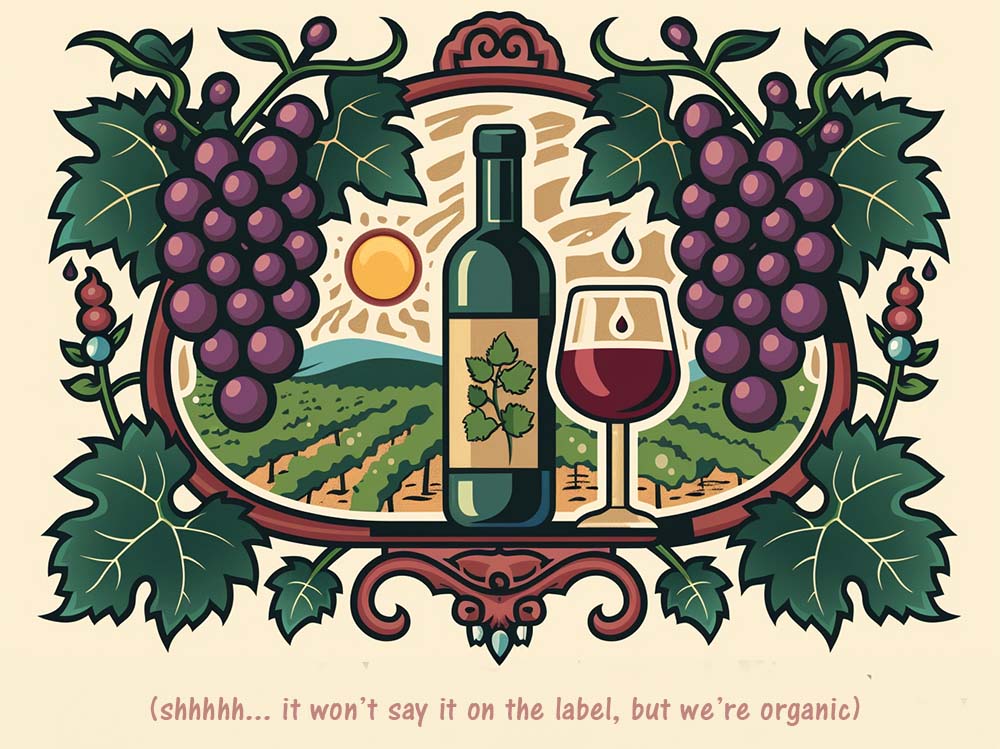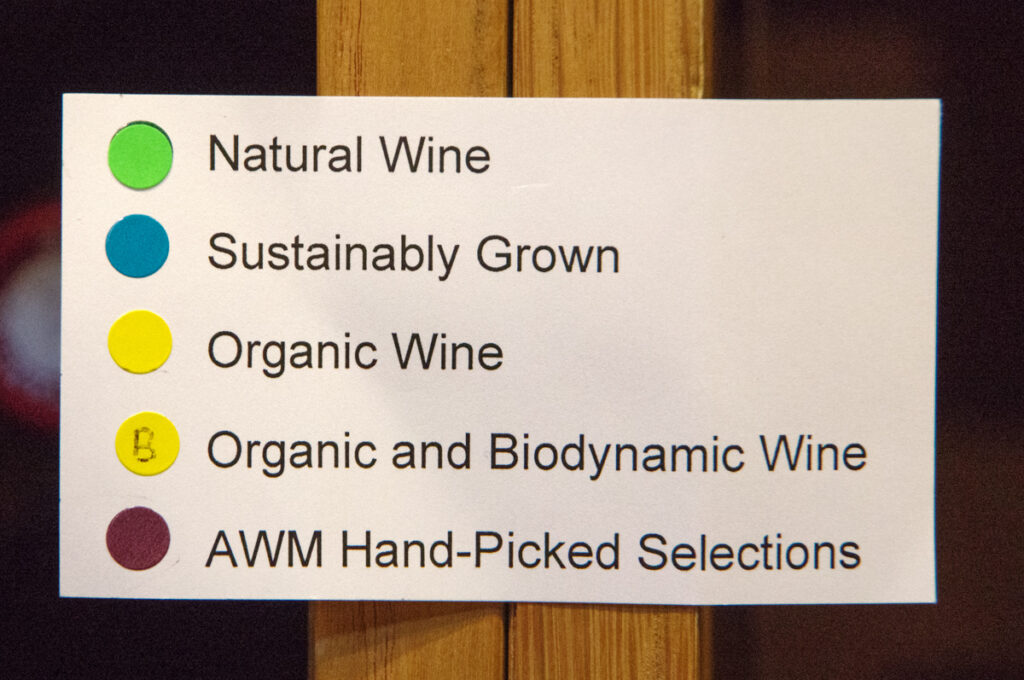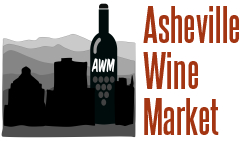
The USDA’s recent announcement of new rules for importing organic products, including our favorite adult beverage, is a bit of a head-scratcher. I believe these new rules are well-intended; however, I’m afraid the government may wind up unintentionally tossing a gigantic wrench into the organic certification process here in the States.
The primary goal of these new regulations is to enhance transparency in the entire logistics chain to combat greenwashing. Greenwashing is a deceptive advertising practice some unscrupulous companies use to mislead consumers into believing their company or product is environmentally friendly. By enforcing these stricter certification requirements, the USDA hopes to ensure that consumers actually receive genuine, organically produced and sourced products.
At first glance, this all sounds great — who wouldn’t like stricter rules for organic products? Well, the problem isn’t the idea; it’s a classic example of how a seemingly simple solution may not work as intended. The problem lies in how it will add tremendous complexity and cost to each and every product labeled “Organic.”
How will these new regulations affect our favorite adult beverage? As usual, for the big corporate players in the wine world, it’s a non-issue. They have offices filled with compliance folks who spend all day taking care of this sort of thing for a living. Once again, it’s the independent mom-and-pop vigneron operations that’ll take the hit. These small producers, importers, and distributors will find it particularly challenging as they face a more complex and burdensome regulatory environment without the financial means or staff to help navigate the bureaucratic waters.
Under the new regulations, wineries must maneuver through a maze of paperwork and compliance steps to maintain their certified organic status. Independent vignerons, in particular, will struggle to meet these stringent standards, increasingly finding the process too costly and time-consuming to justify. As a result, many small producers have removed the “organic” label from their wines altogether.
To muddy the waters even further, most USDA regulations are not tailored specifically to the wine industry. This near vacuum of industry-specific guidelines has resulted in unclear, complex paperwork, further slowing the certification process and adding another layer of hardship for small importers and vignerons.
International producers, already certified organic in their home countries, are particularly irked by the additional requirements imposed by the USDA. Many are unsure whether continuing to export their wines to the US market is worth the hassle and expense.

So, what’s the bottom line for AWM customers? It’s pretty similar to how Western North Carolina farmers do business in their weekly markets. Almost all of these folks practice organic farming methods; however, these days, very few bother with the hassle or cost of getting formal organic certification. The key is getting to know the farmers who practice organic agriculture and buying your produce from them.
When it comes to organic wine, you want to know the provenance and integrity of what you’re drinking. This is where we come in. Over the years, I’ve met hundreds of independent vignerons during my buying trips to Europe. These folks all practice clean, sustainable, and organic viticulture, even though most are not certified organic. Much like our local WNC farmers, they want to avoid jumping through the bureaucratic hoops or suffering the expense of certification.
Remember, a wine may be organic even if not marked on the bottle’s label. The “Bird” wines from our friend Guillaume Gonnet are a perfect example. Every one of Guillaume’s wines is organic, biodynamic, and even vegan. Use our color coded shelf tags or just ask us — we’ll be happy to guide your selections.
